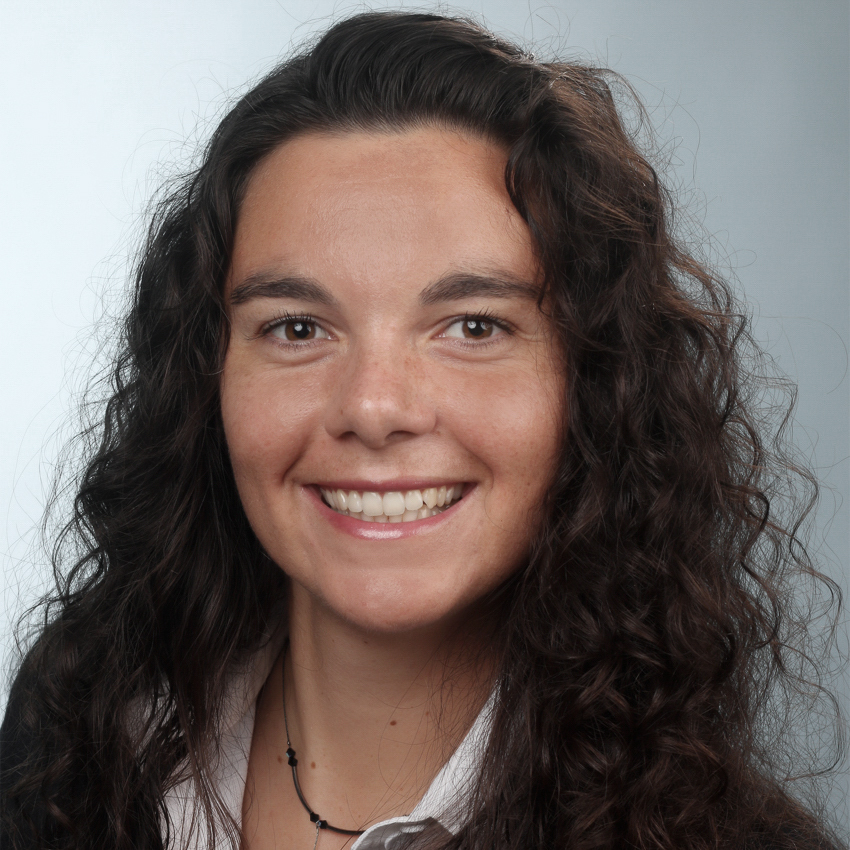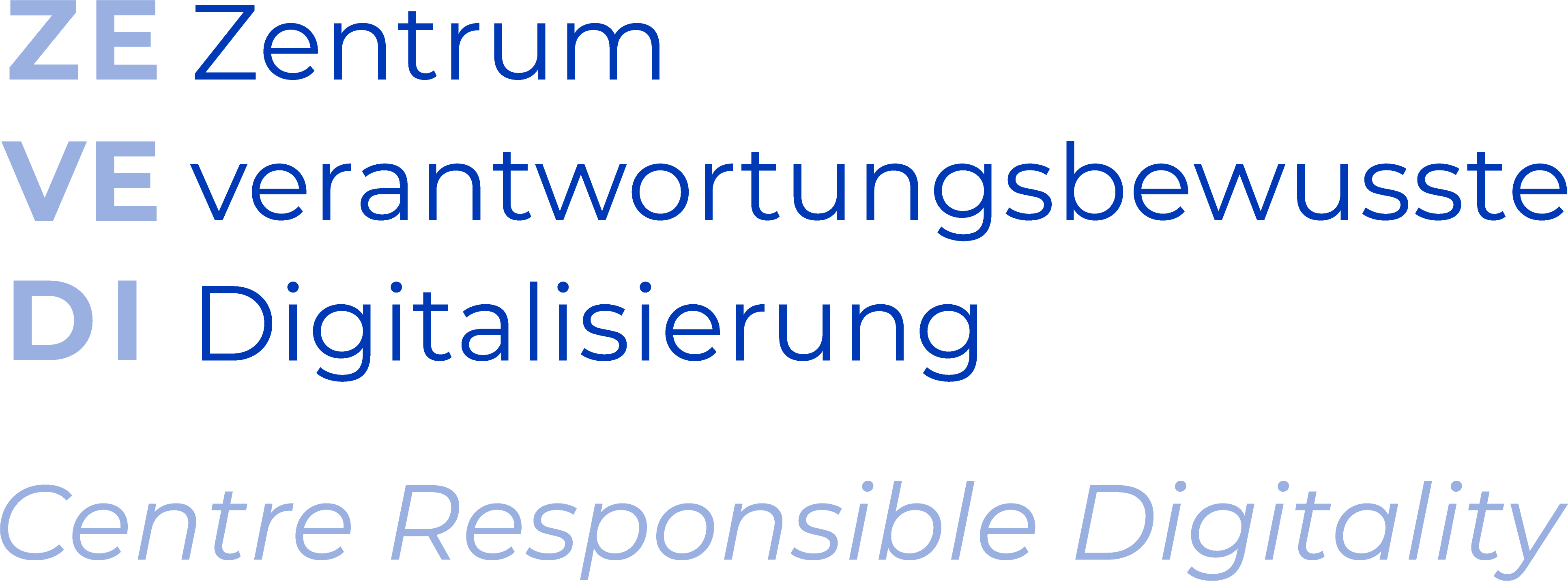
ZEVEDI Young Investigator from January until December 2024
Since April 2023, Dr Nora Jansen is a post-doc researcher at the Chair of Information Systems and Information Management at Goethe University. Apart from being a Young Investigator, she is also part of the ZEVEDI project group Big Data and AI in German Security Authorities (KISib)» and took part in the ZEVEDI project group Digitisation of Corporate Communications (DigUKom)» last year. Her research interest lies in the analysis of mis- and disinformation. During her time at Cardiff University (July 2020 to March 2023), Dr Jansen worked very practically oriented and gathered valuable experiences in the analysis of mis- and disinformation. In total, she wrote over 50 confidential policy reports for governmental agencies. This also included the consulting of governments, such as the German Government in terms of disinformation campaigns during the German Election 2021.
In her dissertation, Nora Jansen focused on the diffusion of information and dealt with the real-time detection of buzzes (e.g., online firestorms and lovestorms), in particular. During her time as a PhD student, she spent a research year at the University of Adelaide, South Australia, and together with her Australian colleagues, she investigated reaction strategies to online firestorms.
Nora Jansen did her Bachelor’s and Master’s degrees in ‘Management of Information Systems’ at the Technische Universität Darmstadt. During her Master’s degree, she studied one year abroad at the École Polytechnique Fédérale de Lausanne.
Project
Regulating Disinformation in Books and in Action (ReDBAc) will investigate the design and delivery of new legal instruments and regulations to govern the creation and spread of mis- and disinformation. Over the last several years, mis- and disinformation has established itself as a societal problem able to command significant political and public attention. Multiple studies have evidenced how mis- and disinforming communications enabled by the configuration of the contemporary media ecosystem as part of the digital transformation, are impacting democratic elections, reactions to terror attacks, and public health interventions relating to the global coronavirus pandemic, amongst other issues. In response to which, governments and agencies around the world are in the process of configuring new legal and regulatory instruments as they seek to manage and mitigate the harms induced by the spread of mis- and disinformation. As exemplars of regulatory and legal innovation, the development of these instruments is proving both challenging and contentious, as their designers struggle with how to protect from mis- and disinforming harms, whilst simultaneously protecting rights to freedom of expression.
The purpose of ReDBAc is to understand and analyse these efforts of how and why countries are developing different logics and practices to control distorting and deceptive communication. The main focus will be on the European Union shaping the policy landscape for its member states, such as Germany. The adoption of the comparative ‘in books’ and ‘in action’ approach also reflects how, to date, most scholarly attention has attended to bad actors and their communicative acts, as opposed to ‘what works’ in controlling the authoring and amplification of misleading and manipulated messages on social media. That is why ReDBAc specifically focuses on the ‘in books’ and ‘in action’ strands in terms of regulating disinformation.
Dr. Nora Jansen’s profile at Goethe-Universität Frankfurt a.M.»
